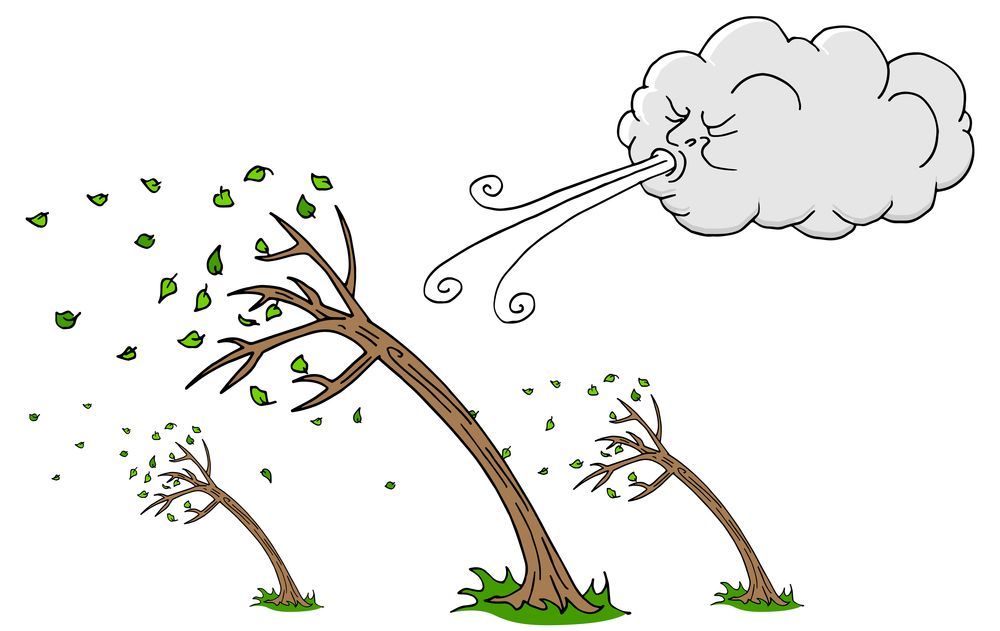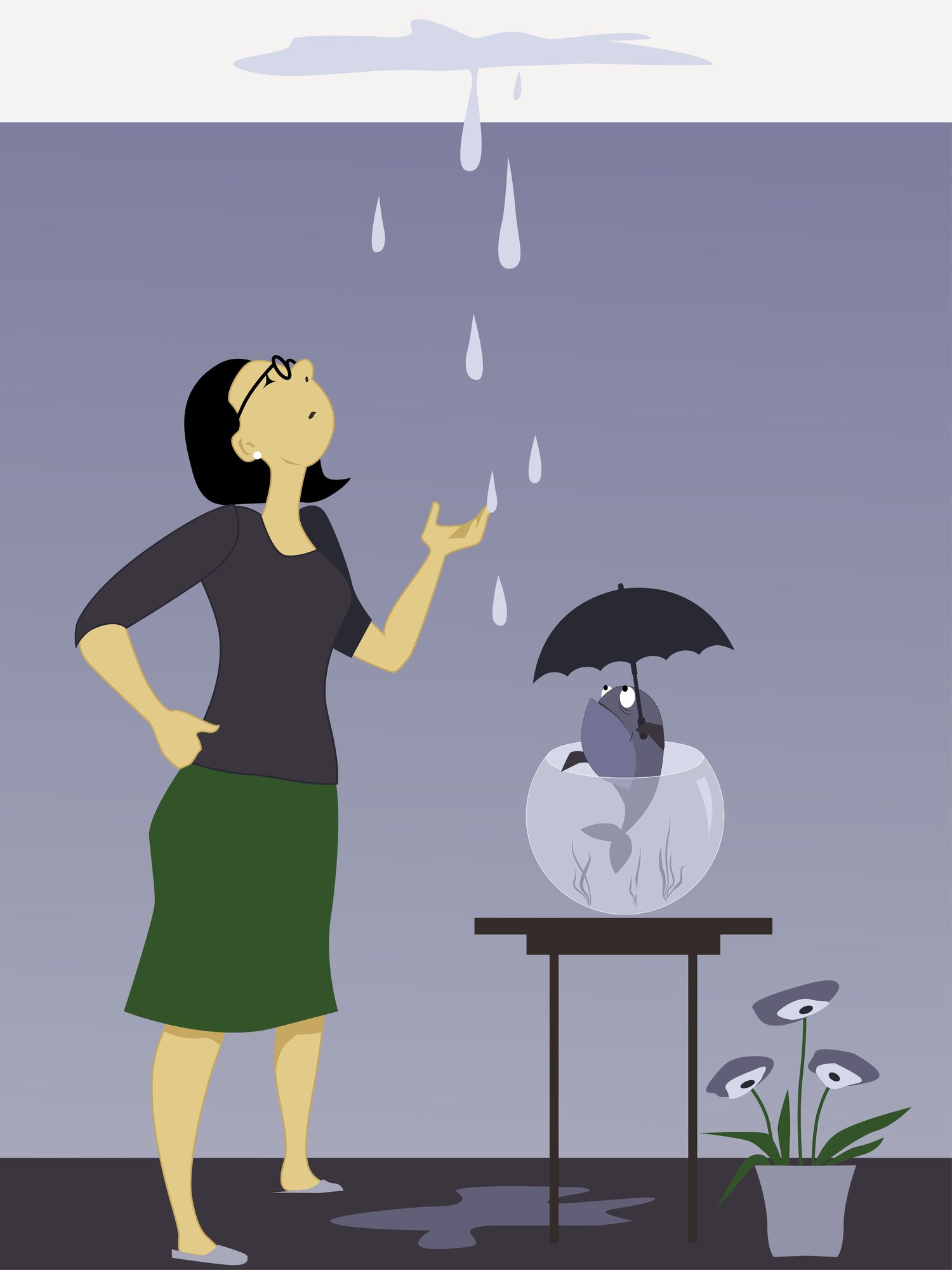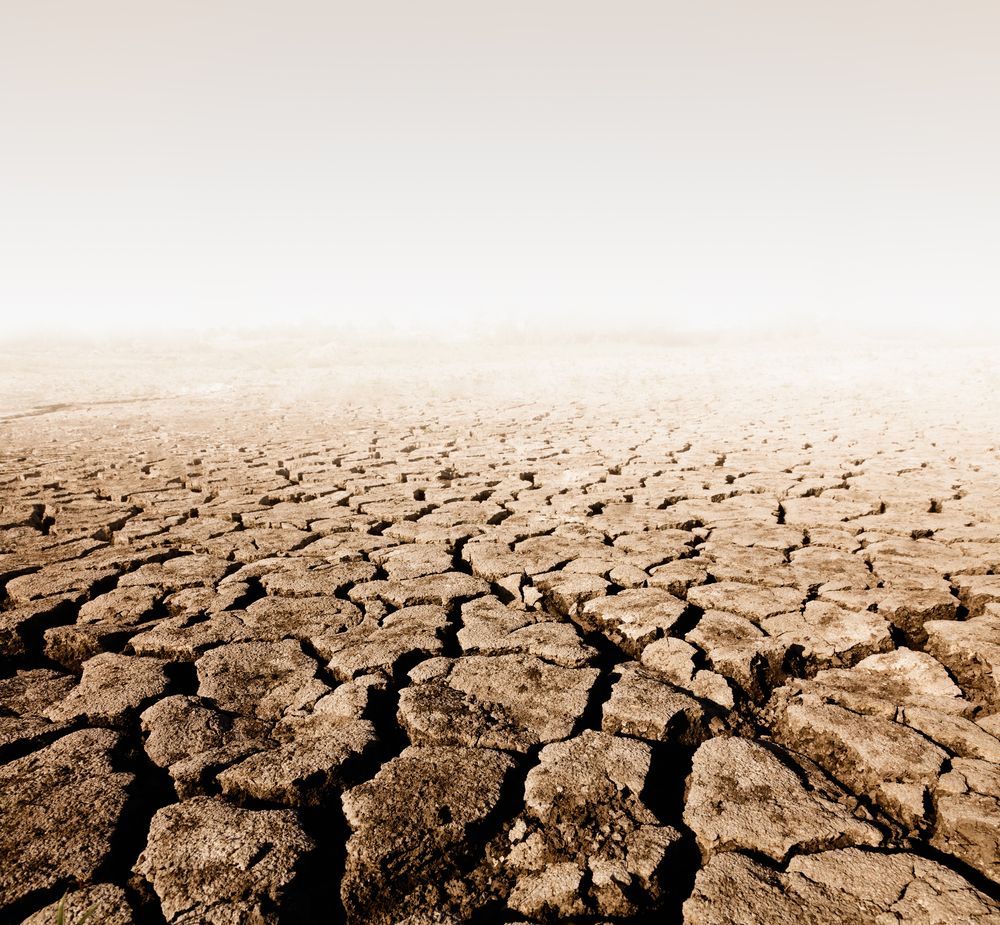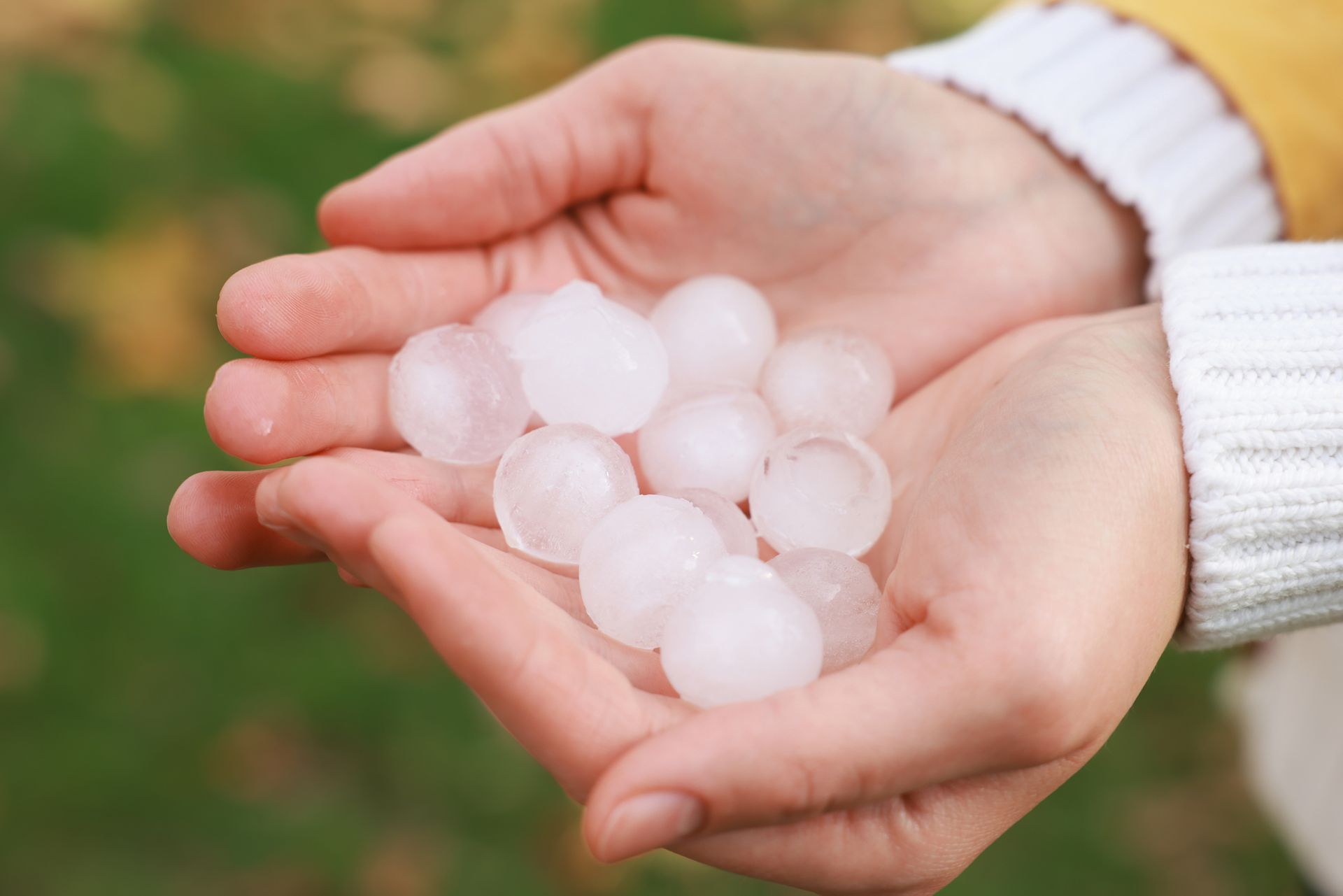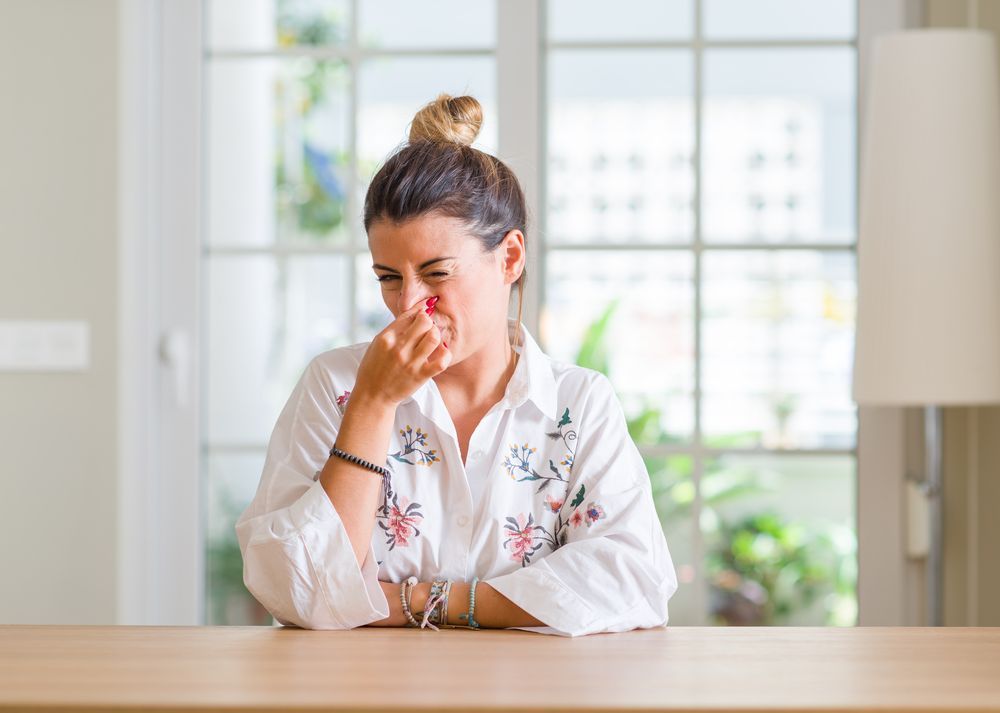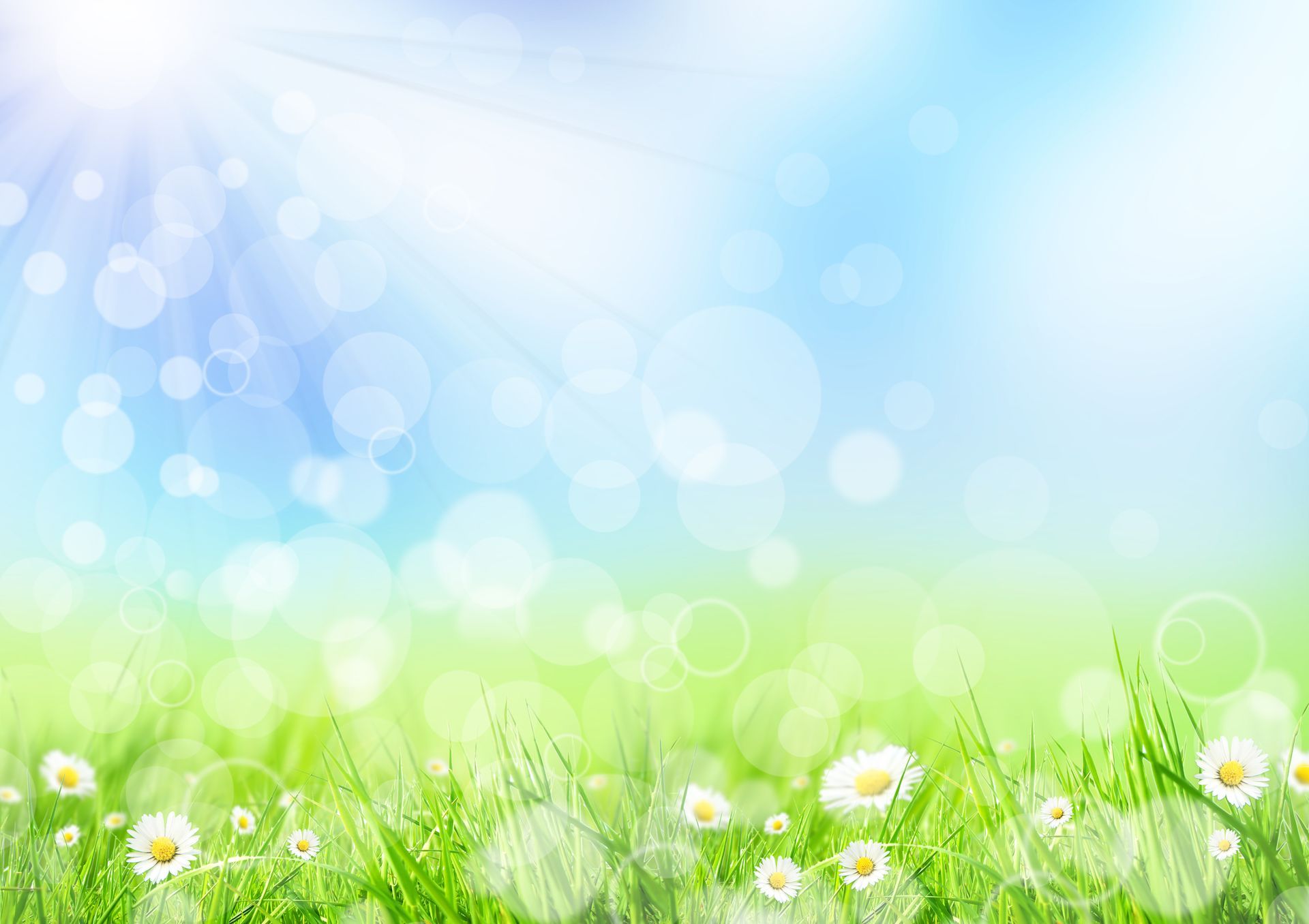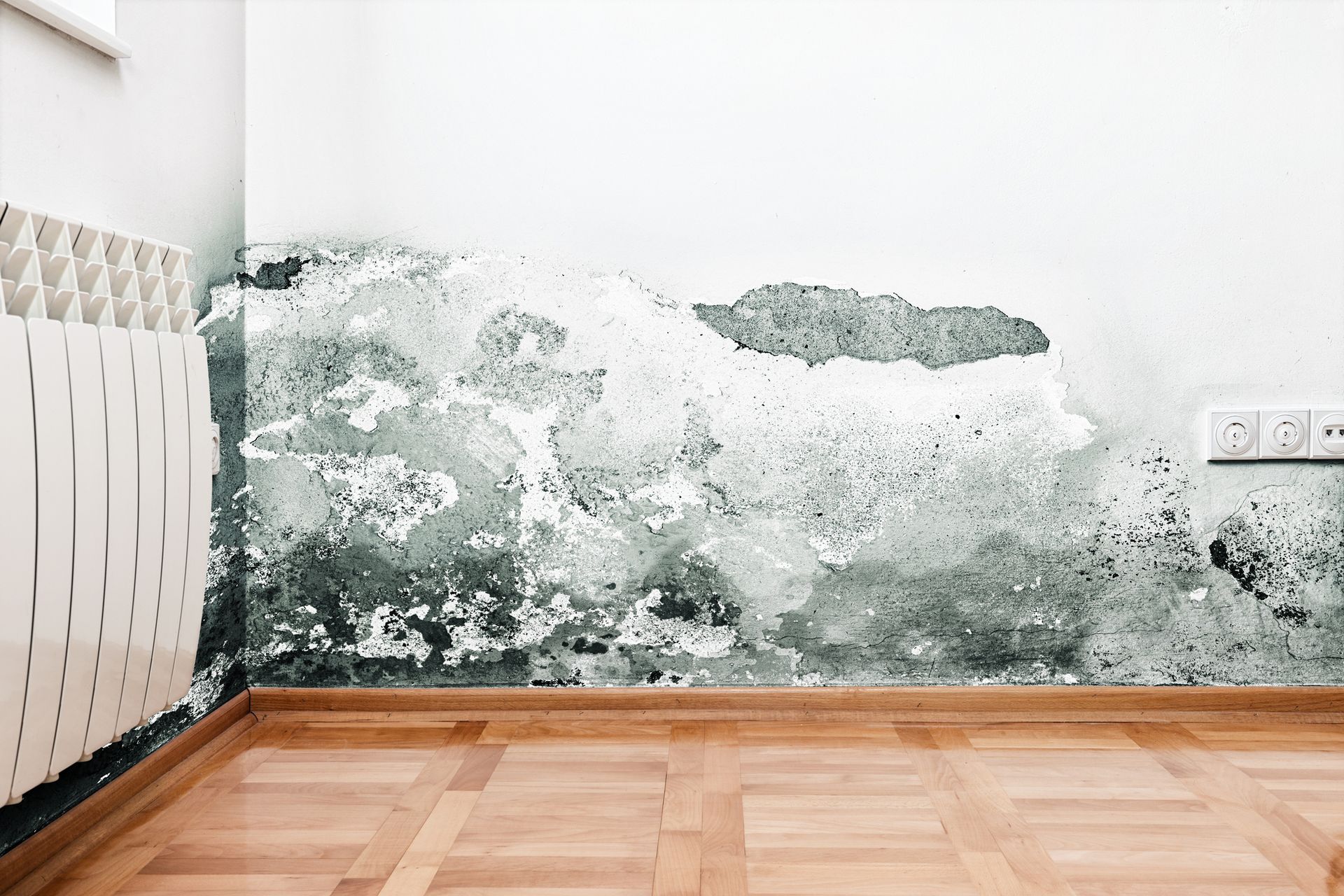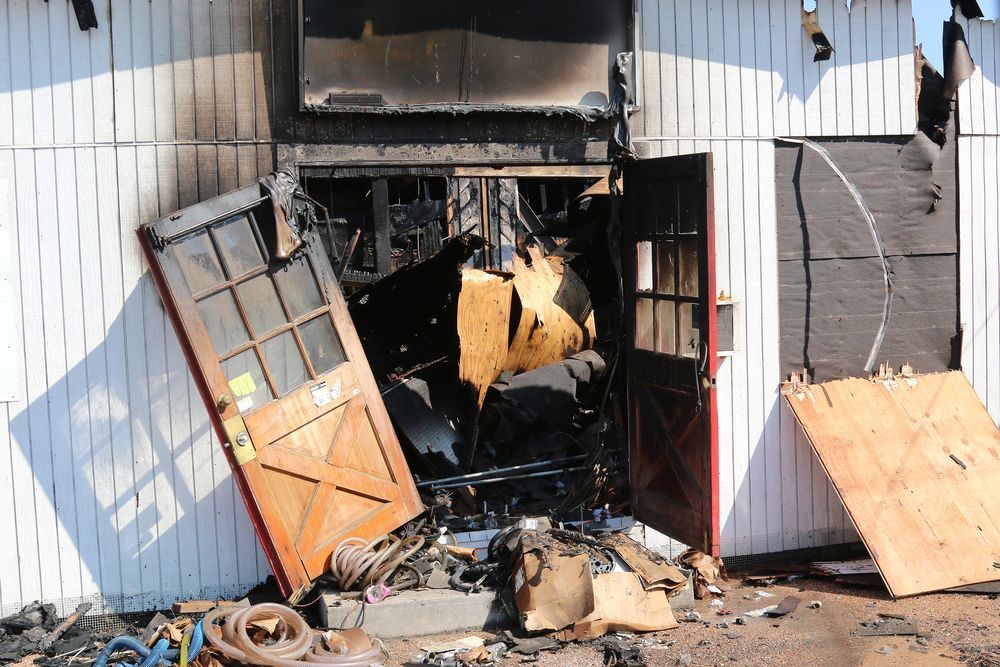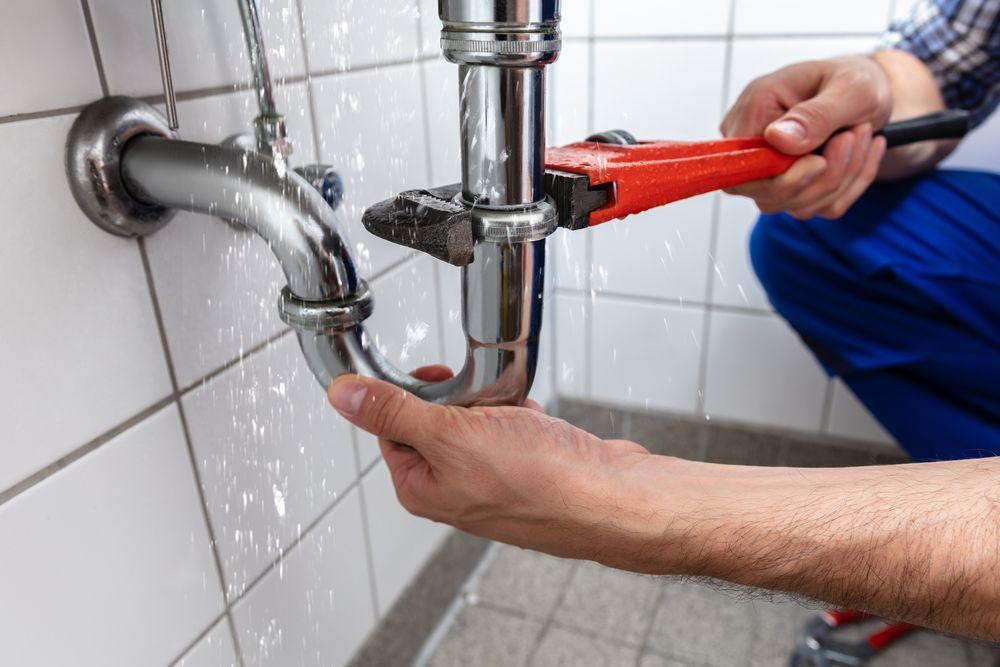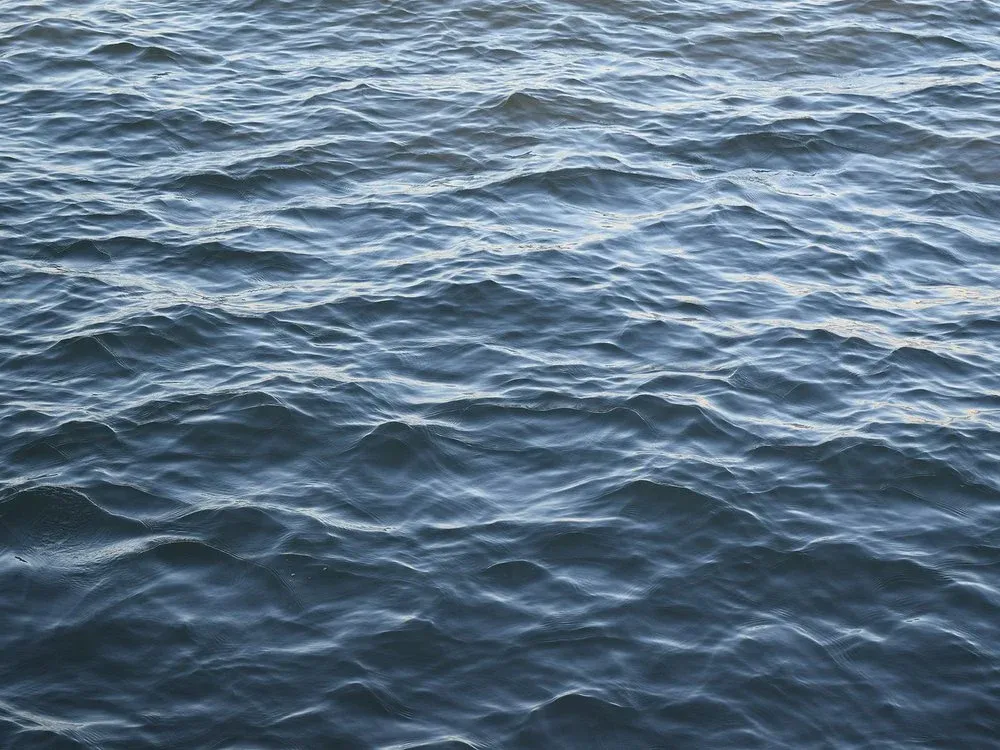Barbecuing Outdoors Do's and Don'ts
Barbecuing Outdoors Do's and Don'ts
-Peyton, CO
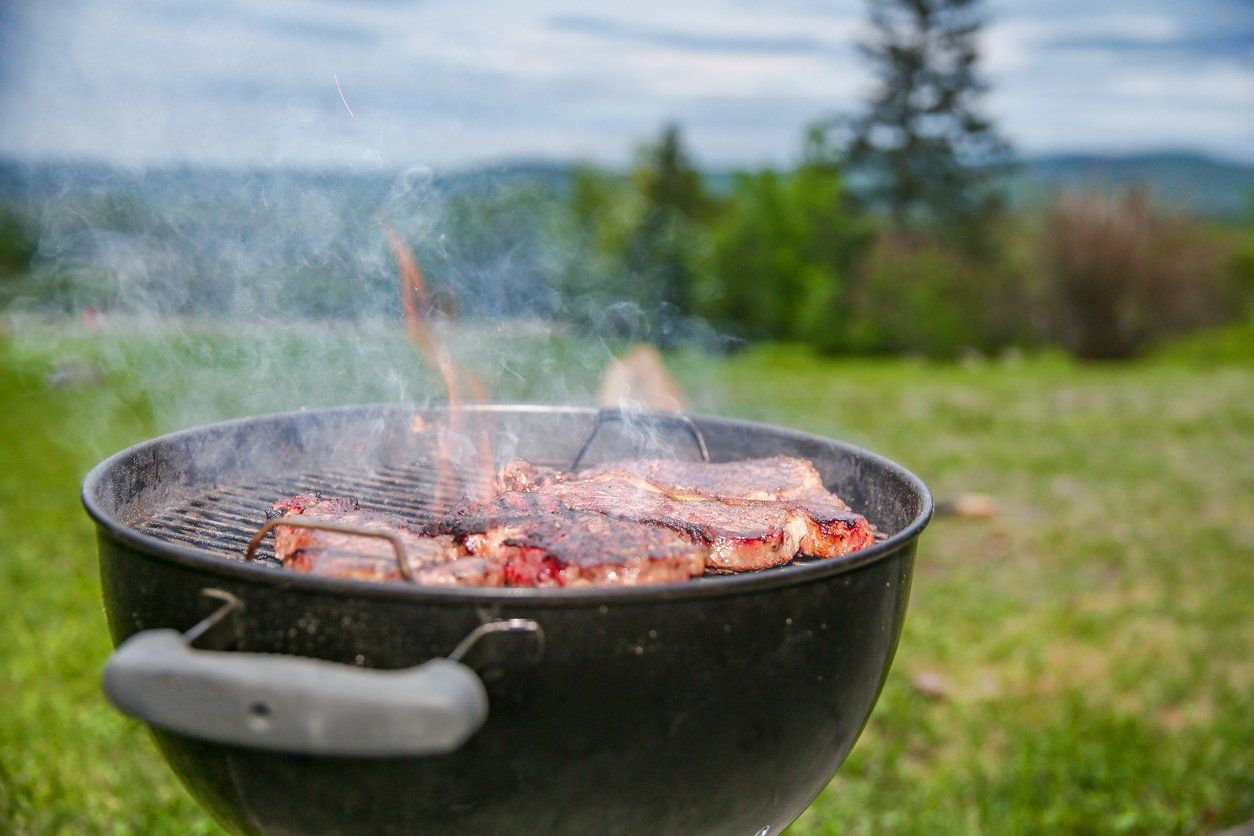
According to the National Fire Protection Association, grill fires cause an estimated 10,000 home fires each year. Furthermore, heat burns account for roughly half of all grill-related accidents.
That is why understanding grilling safety guidelines is critical to keeping everyone safe at a barbeque. Check out the following vital grilling safety tips.
Grilling Safety Tips — Do’s
- Keep the barbecue at least 10 feet away from any structures like a garage or a porch. It is best to avoid grilling under overhanging tree branches and foliage. The greater the distance from structures, the less likely it is that a fire may start.
- Wipe the grease or fat buildup on the grill using a barbecue brush after each use to keep it in good shape. This not only decreases the likelihood of a fire, but it also allows the food to cook more evenly.
- Have a water spray bottle and a fire extinguisher nearby. Because grilling involves fire, minor flare-ups are always possible; thus, keep something on hand to extinguish the flames in case of emergency.
- After you've finished grilling, place the cooked coals in a metal can; however, allow the coals to cool first.
- If you're going camping, be sure you understand the fire regulations. Many areas may be closed to all burning due to the dry weather (even charcoal barbecues).
Grilling Safety Tips — Don’ts
- Do not allow small children or pets to come too close to the grilling area.
- While the lids are closed, do not turn on the gas. If any gas is trapped inside the lid, it will quickly ignite and cause severe burn damage.
- Do not leave a lighted grill out. If the grill catches fire, an adult should be nearby to extinguish it quickly. Fires can easily spread if they are not inspected on a regular basis.
- Do not grill indoors. Grills that run on propane or charcoal should never be used inside. Aside from the fire danger, there is also the danger of carbon monoxide poisoning.
- Do not grill a large amount of food all at once. While it looks to save time, grilling too much food at once might result in too much fat dripping down into the grill flames, causing a fire.
How to Check Your Propane Tank for Leaks
This is especially critical as the grilling season begins. The harsher elements of cold weather may cause pipe damage and leaks.
The best technique to detect a propane tank leak is to use a mixture of one part water and one part dish soap. Apply the solution to the line that runs from the grill to the gas tank. If you observe bubbles on the line when you turn on the gas, have the grill serviced as soon as possible.
Another method for detecting gas leaks is to use your sense of smell. A peculiar odor may indicate a leak when you turn off a propane burner.
How To Properly Turn Off Your Grill
Many fires have been started as a result of the grill not being properly closed. Hot coals are a hazard even after they have been carefully swept over. Allow at least 72 hours for the ashes to cool completely before removing them and cleaning up your BBQ.
When using a gas grill, disconnect the propane tank from the grill with caution. Check that the valve is tightly closed to prevent gas from escaping.
Contact Restoration 1 of Peyton Professionals for Fire Damage Cleanup!
As fire restoration experts, we advise you to be cautious when grilling and to follow our grilling safety tips. All future summer vacations will necessitate additional fire safety precautions!
Unfortunately, even the most careful home can sustain fire damage. If your property has been destroyed by fire or smoke, don't call in the amateurs. Contact Restoration 1 of Peyton for dependable and expert smoke and fire damage restoration services for homes and businesses.

